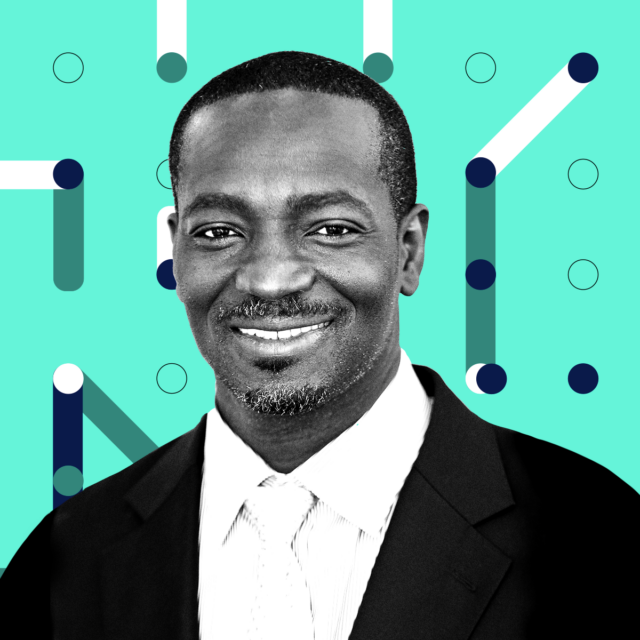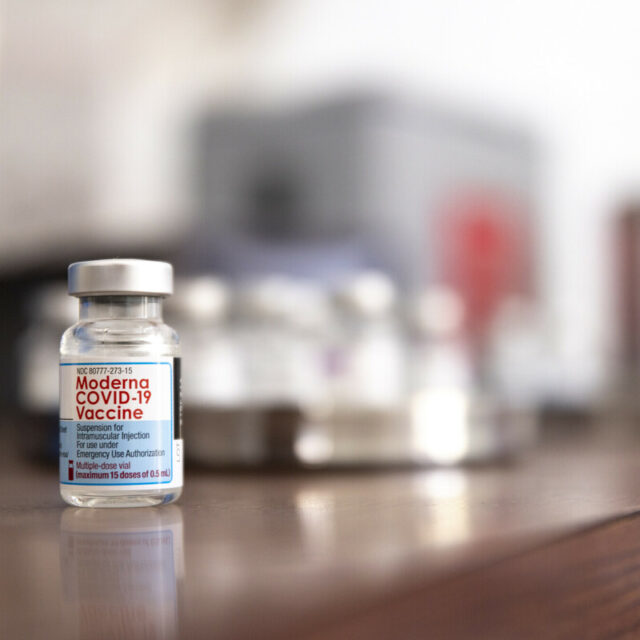Dr. Brahima Coulibaly is vice president and director of the Global Economy and Development programme at Brookings We interviewed him as part of our #PassTheMic campaign. Here’s some of what he had to say.
When you have a global pandemic, the only effective way to tackle it is with a really global response. Because we can have victory in every country except one and we still have not succeeded.
Until every country is safe, no country is safe. That is why it’s critical for the global community to come together to combat this.
Obviously COVID-19 has started out as a health crisis, so that is the very first important thing to address. But then it also immediately morphed into an economic crisis.
So now you have two crises. On the health front, we have organisations that were designed precisely to coordinate that kind of global response. So I think an important step in this process was for the World Health Organisation to be quickly resourced, both financially, but also with different expertise from around the world that it might need given the scale of this.
How to handle the economic crisis
Then you have the economic crisis. So it’s now critical for the economic actors and institutions that are designed to handle these kinds of global shocks, such as the International Monetary Fund or the World Bank, to come together and react in a more coordinated and productive way to contain the economic fallout.
We’ve seen some of that, particularly with the G20 instructing international financial institutions to put a standstill on debt repayments from the developing countries. We thought that was an important first step, but there was more that could have been done to assist countries that need support.
For example, in the case of Africa, we have actually seen the economic crisis precede the health crisis, because we’ve seen the global spillovers effect from the external environment, with commodity prices and remittances dropping.
However, ultimately we will begin to see a lot more health cases in Africa. The latest numbers show that COVID-19 is on the upward trajectory; we’re not seeing any convincing signs of the curve flattening. The numbers might be lower compared to what people were predicting, but I would be cautious not to read too much into it to the point where we let down our guard.
This is because the number of cases is very much a function of how much testing you have done. And in Africa’s case, that testing hasn’t been done to a level that would give us comfort.
And then how do you count for those who don’t even come to a clinic or hospital and have had the virus and maybe recovered from it or succumbed to it? They may not even make their way into the official statistics. For all those reasons, we should be extremely cautious about how complicit we become in reading too much into the relatively low numbers.
It is my sincerest hope that these numbers do reflect reality and that would basically be a credit to some of the extraordinary measures that the African governments have taken to contain it.
What unites us is more than what divides us
I think if there were any doubts, this pandemic has shown the extent to which we are interconnected. What unites us as a humanity is more than what divides us. Our fates are intertwined more than ever. One would be really misguided to think otherwise.
My optimism right now comes from the fact that as humans we’re very resilient. There’s a lot of resiliency and a lot of hope in the developing world. These are populations living through very difficult conditions day in and day out, but nonetheless they find a way to continue to survive and are happy.
Resiliency tells me that this is going to be a difficult moment, but ultimately, we will prevail. It’s just a question of how long it will take and that’s where effective well-coordinated policy is important.
These excerpts from the interview were edited for length and clarity.
Hear more from experts in our #PassTheMic campaign, where global health experts take over celebrities’ social media channels to share the data, facts, and science we need to know to end COVID-19. Follow us on Instagram, Facebook, and Twitter for more.



